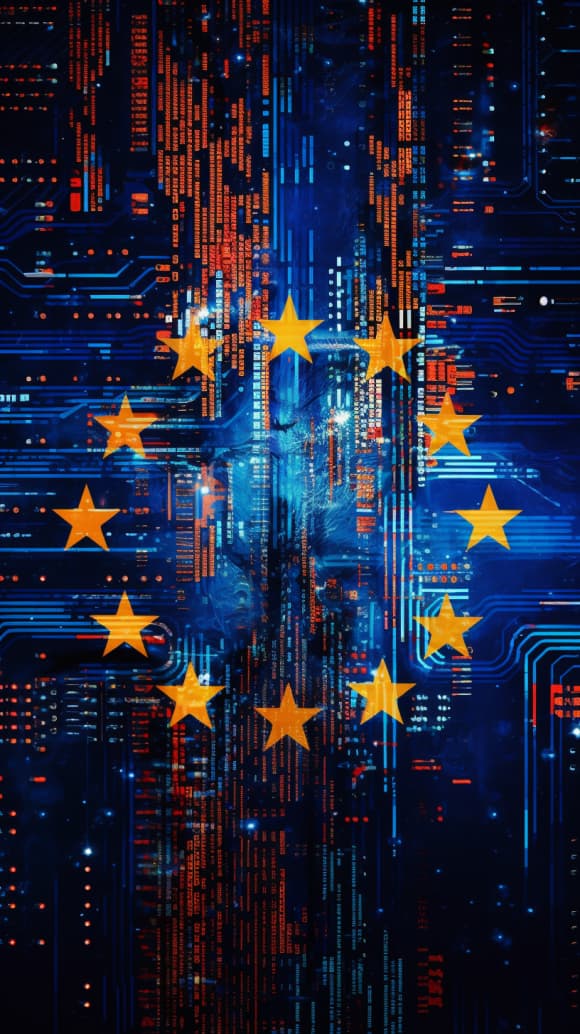The impending Data Act proposed by the European Union's industry chief, Thierry Breton, aims to control access to EU data by non-EU governments, presenting a new regulatory landscape for both European and American businesses alike. While it is seen as a move towards data sovereignty by some, critics argue it could disrupt international data transfer and potentially jeopardize trade secrets. This paper seeks to discuss the act's goals, its potential impacts, its critics, and the EU's broader digital strategy.
EU's New Data Strategy
Outline of the Proposed Data Act
The proposed Data Act, introduced by Thierry Breton early last year, is reaching its final stages of negotiation between various EU bodies. The legislation seeks to stipulate the rights and obligations pertaining to the use of EU consumer and corporate data generated by a wide array of sources, including smart devices and consumer goods. This move is seen as the EU's latest attempt to counterbalance the overwhelming power of U.S. tech giants.
Breton, in an advance text of a speech to be delivered in San Francisco, said, "Our European data strategy is to unlock a wealth of big data and set out how that data should be shared, stored and processed." He emphasized that the legislation benefits all businesses, irrespective of their origin. However, the plan has attracted criticism both home and abroad.
Controversial Provisions and Critics
Major tech firms like Siemens and SAP have expressed their reservations about a particular provision of the Act. This clause mandates companies to share data with third parties to provide aftermarket or other data-driven services, a move that they argue could potentially expose trade secrets. Critics argue that such a requirement could lead to a stifling of innovation and a hindrance to business operations.
Breton's Bold Assertion
In a robust response to the criticism, Breton asserted, "Assertiveness is not protectionism." He defended the draft rules, denying allegations of protectionism and emphasizing that they were designed to prevent illegal access to EU data by non-EU governments.
Dialogue with Tech Giants and Global AI Strategy
In a bid to ameliorate concerns and garner support, Breton plans to meet several high-profile tech industry leaders, including Elon Musk of Twitter, Mark Zuckerberg of Meta Platforms, Jensen Huang of Nvidia, and Sam Altman of OpenAI. The intention is to persuade them to sign the AI Pact, a scheme designed to encourage companies to implement EU AI rules two years ahead of their enforcement.
Furthermore, Breton disclosed that he would also be visiting Asia to discuss the digital agenda and AI rules with Korean and Japanese governments. This, coupled with Europe's newly launched digital partnership with Singapore, underlines the EU's ambition for a broad-based global digital strategy.
Conclusion
The impending Data Act and its subsequent enforcement will undoubtedly have far-reaching effects on the global tech industry. The regulation, if adopted, will shape the future of data handling in the EU, with impacts on both European and non-European companies. It is a clear indication of the EU's assertiveness in controlling its data and shaping the global digital landscape. While its critics argue it could disrupt the global data ecosystem, the EU is steadfast in its pursuit of data sovereignty.






